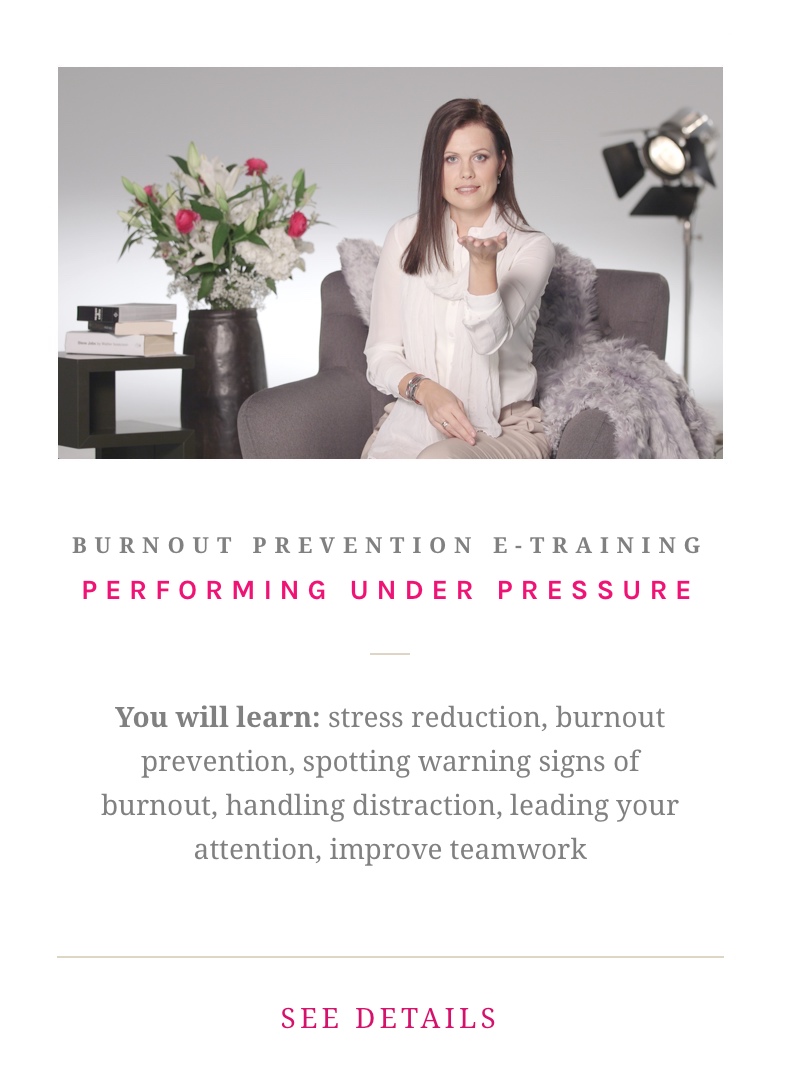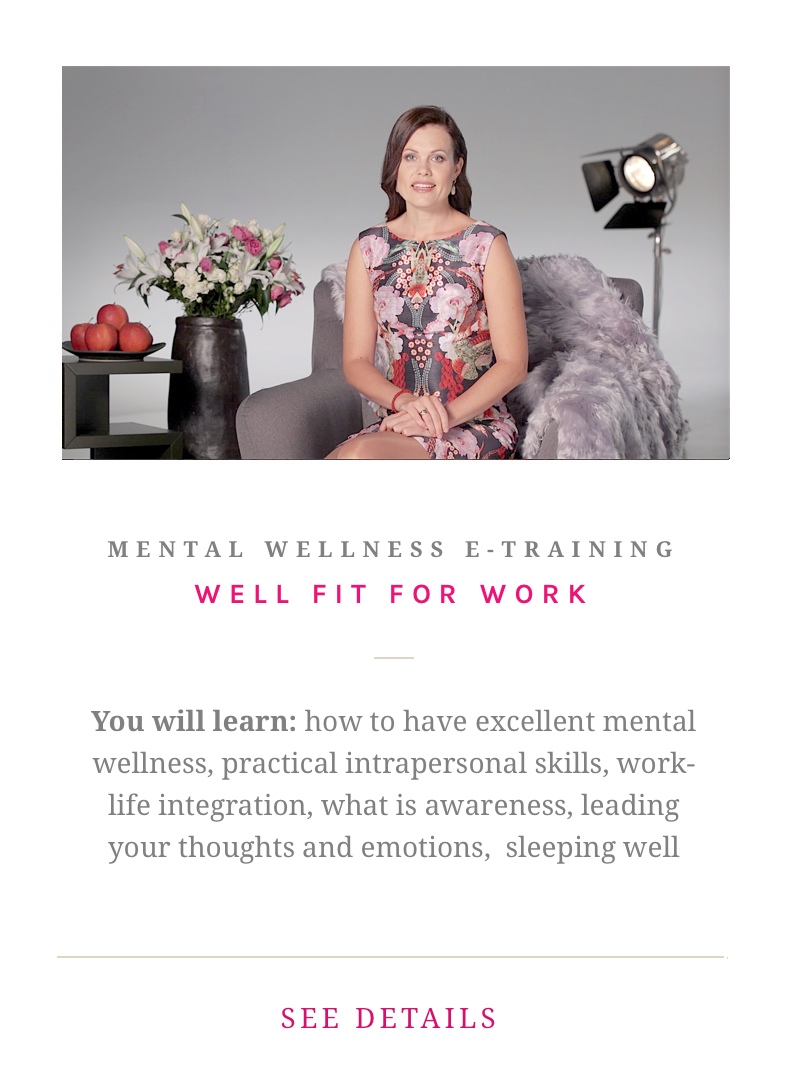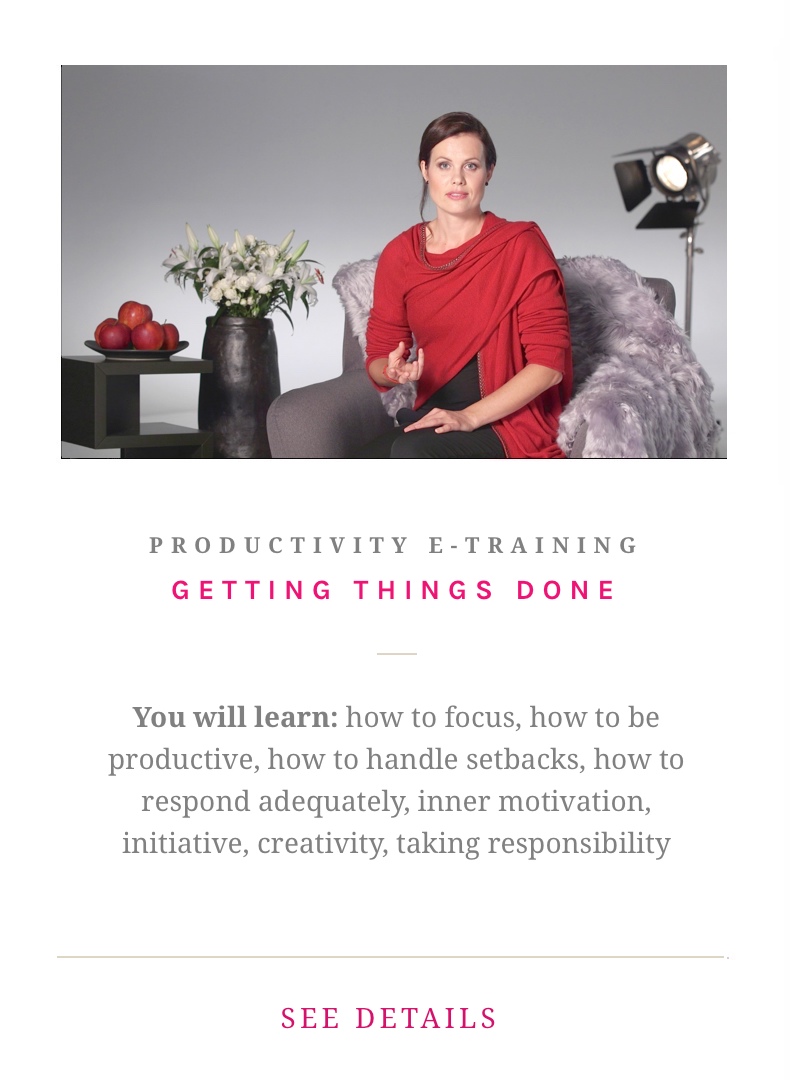Building stronger relationships through self-learership
Today – more than ever – your ability to self-manage is one of the most important skill sets that you need. Every employer should support, therefore, the learning of practical intrapersonal skills.
Life is full of setbacks and rejections.
Dealing with setbacks and rejections is tough, but it’s a necessary skill to acquire if you want to be successful and thrive.
Only when you are thoroughly prepared to overcome setbacks in your mind can you deal with your inner reactivity and prevent high stress levels.
Most entrepreneurs know that while on the path to inventing and delivering something to market, they are going to experience frequent rejection.
When you maintain excellent self-leadership based on awareness-based intrapersonal skills, then the rejections and setbacks are not going to affect you. Instead, you use failures and rejections as something you can learn from.
You need to support your team so that they, too, can tolerate rejections and failures and learn from them. This requires an open mindset and good communication.
Listen to people and then support them
People are your most valuable resource. Without them, there is no business, service or solutions.
Yes, AI can support us, but it is unconscious and often lacks ethical regulation. We see that A.I. can never fully replace people.
At least it can't replace creative people who take initiative and are capable of observing and dare to use their intuition and then act consciously to make things better from a human standpoint.
As the world changes, employers should think about what employees need at that moment and how to support them.
Stakeholders involvement in decision-making processes is important - often, it may not even matter to the individual what they have a say in; what's important is simply the opportunity to have a say in the organization's functioning.
Be radically open-minded
When people feel their voices are heard and their contributions are valued, a stronger emotional connection with the employer is established.
Ray Dalio recently posted "Radical open-mindedness and radical transparency are invaluable for rapid learning and effective change. Learning is the product of a continuous real-time feedback loop in which we make decisions, see their outcomes, and improve our understanding of reality as a result."
He has a valid point; learning demands focus, and focus again is a learnable intrapersonal skill. As Dalio continued: "Being radically open-minded enhances the efficiency of those feedback loops because it makes what you are doing, and why, so clear to yourself and others that there can’t be any misunderstandings. The more open-minded you are, the less likely you are to deceive yourself— and the more likely it is that others will give you honest feedback. If they are “believable” people (and it’s very important to know who is “believable”), you will learn a lot from them."
Believable people are those individuals who possess practical skills, both professional and intrapersonal skills. When those two skill sets are combined, your workplace can sustain excellent intrapersonal relations. Both within your team and with the customers you provide service to.
The pandemic era has disrupted social patterns
People's social circles have narrowed; a significant part of routine activities that used to require leaving home and interacting with others are now done through screens.
However, the more people distance themselves from the physical world, the less they perceive the need to return to it at some point. Such distance often leaves people feeling lonely and stressed.
The source of stressors we meet has changed. Now, even some aspects of life at home can be a huge stressor.
Stressors are out there, but stress reactions are within you.
As we have written previously, the problem isn't the amount of stressors but your inner reactivity. Hence again a need for good intrapersonal skills and excellent self-leadership.
People should ask for self-leadership and mental wellness courses to improve themselves. Have you achieved that?
Working from home has not reduced stress levels much. This is confirmed by the recent statistics on people's physical and mental health.
The physical workplace still remains one of the primary places for many to forge social relationships, listen to others, and be heard. Hence, instead of getting rid of offices, we should rework their concept.
Offices need both silent areas where you can focus and be productive without disturbance, and areas for social communication.
Now we see a day has come when the simple promise from the employer of a personal desk and chair, along with mental wellness trainings and quality time with their supervisor or mentor, becomes a sought-after value proposition in the job market.
It is time to listen to your people and their needs. It is time to think more ahead about the future that you, as an employer, create through your decisions and existing habitual patterns.
Dare to question existing patterns and above all dare to change them!
Allow individuals to manage their own activities over time
Time is another valuable resource often sacrificed at the expense of people's well-being. At least that's what people who change jobs in today's job market often share when seeking new positions.
The statement, "The manager didn't find time for me," is a sad and common expression in job interviews. Sooner or later, this leads to feelings of isolation and loneliness, which in turn can cause a decrease in motivation and job performance, often culminating in leaving the company.
Lack of communication can also result in inner circles and toxicity instead of the open-mindedness that Ray Dalio encourages. In such workplaces, we can frequently see some forms of workplace bullying and unhealthy internal competition. This isn't taking you forward; it ruins your business.
It's equally significant to consider the quality of how time is invested in various activities.
The familiar format where a meeting with the manager involves going through a list of reports or mundane tasks is unproductive. This, without active listening and a willingness to accept employee experience, can make an employee feel like they have to justify their existence and the value they bring. Constantly proving that you have a right to be there makes you less engaged and motivated.
Instead, we encourage seeing one-on-one meetings as a mutual partnership where thoughts and feelings can be freely expressed and dealt with. Listening and allowing to express ideas inevitably accelerate personal growth.
Promote and support taking initiative
More than that, people should be allowed to take the initiative and try new solutions. Yes, they might fail, but when they utilize good intrapersonal skills and keep their stress at bay, they can learn. Learning allows innovation.
Therefore, we encourage one-on-one meetings that include attentive and aware listening and open-minded sharing of ideas and absorption of lessons. This allows you to earn trust and develop a sincere relationship that takes your solutions to a whole new level and makes both your people and your customers happy.
Happiness isn't an aim in itself. Workplace happiness is part of being heard and being able to express yourself. It is about daring to try, even if it means committing errors, learning, and then finding your own path to thriving.
When people in your workplace have fit minds and are kind towards each other, you can see that the work they do becomes in itself their prime motivation.
Conclusion
In this rapidly changing world, the ability of employees to self-manage is paramount, and employers must actively support this skill. Learning and then applying practical intrapersonal skills, as due to these skills enable people to know how to focus and keep their minds well. Remember, any path to success is paved with challenges and sometimes with setbacks.
Encompass listening to employees, involving them in decision-making, and respecting the value of their time. By recognizing that people represent your most valuable asset and by fostering open, trusting relationships, employers can ensure that their creative minds remain engaged, motivated, and prepared to face the challenges.
Ultimately, the well-being of employees and the success of the organization are intricately intertwined, making it crucial for employers to foster a more collaborative work environment. A work environment where people with good intrapersonal skills support each other and share a passion for initiating a positive change.

This blog is written by Kaur Lass. Updated 16.09.2025






